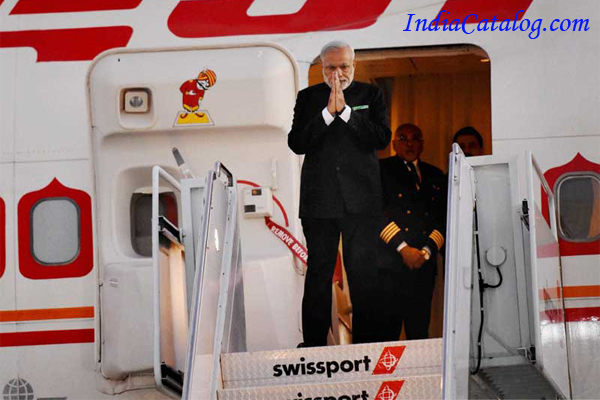Supreme Court directs government to ensure NRIs can e-vote within eight weeks
.jpg)
In a significant move, the Supreme Court on Monday directed the central government to allow e-voting by NRIs. Supreme Court gave the government four weeks time to inform about further steps taken to implement EC's suggestion.
The Centre told Supreme Court that it has accepted Election Commission's suggestion to extend voting rights to NRI's through postal ballots.
Taking note of the submissions, a bench comprising Chief Justice H L Dattu and A K Sikri asked the Centre to inform it about "further steps taken to implement the suggestions." The bench posted the matter after eight weeks, asking the Centre to do the needful at the earliest.
"Since the views and recommendation have been accepted let them go ahead with the follow-up. They will have to carry out the follow-up process at the earliest," the bench said.
The Centre's stand was clarified by Additional Solicitor General P L Narasimha, who said certain amendments are required to be carried out and the ministry of law is working on them, taking into consideration the EC recommendations.
Days after extending more benefits to Persons of Indian Origin, the government accepted the recommendations of a committee which has favoured voting for NRIs through electronic means.
A committee comprising officials from the EC, Law Ministry and the Ministry of External Affairs had taken the opinions from all sections before submitting a report to the apex court last year.
Chief Election Commissioner V S Sampath had said recently that the MEA was opposed to the idea of allowing NRIs to vote at embassies as it will be difficult to allow such an exercise because, in some countries, the NRI population could be equal to the local populace and it will be difficult to hold such an exercise at the embassy.
The 50-page report was prepared by a 12-member committee led by Vinod Zutshi, Deputy Election Commissioner, for 'Exploring Feasibility of Alternative Options for Voting by Overseas Electors'.
The report is the result of a public interest litigation filed in the Supreme Court against the "inherent inequality" created by Section 20(A) of the Representation of the People (RP) Act which insists on the physical presence of an NRI in his local constituency at the time of voting.
According to the provisions of the RP Act, a person who is a citizen of India and who has not acquired the citizenship of any other country and is otherwise eligible to be registered as a voter and who is absent from his place of ordinary residence in India owing to employment, education or otherwise is eligible to be registered as a voter in the constituency in which his place of residence in India, as mentioned in his passport, is located.

.webp)
.webp)
.webp)
.webp)
.webp)
.webp)
.webp)
.webp)
.webp)
.webp)













